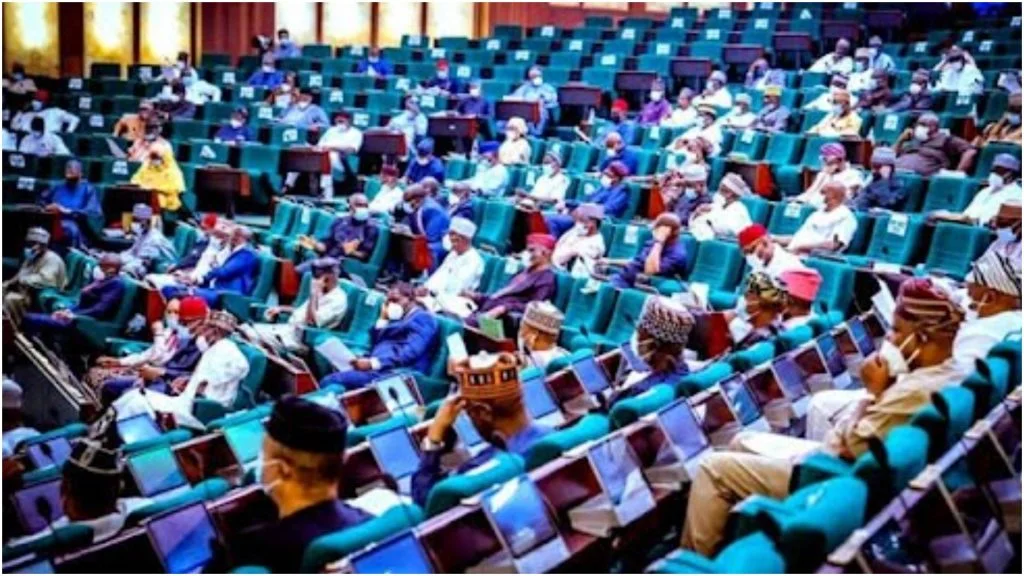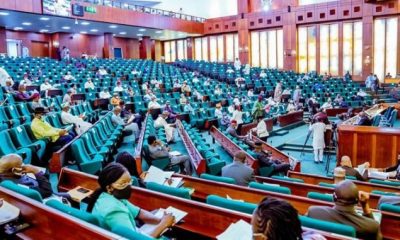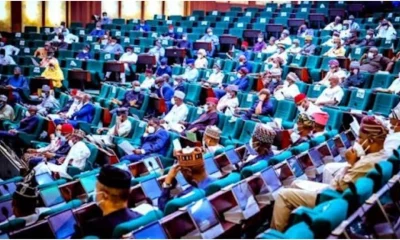News
House Of Reps Issue Warrant Of Arrest On CBN Governor, AGF, 17 Others

The House of Representatives Committee on Public Petitions has issued a warrant of arrest for the new Central Bank Governor, Olayemi Cardoso; the Accountant General of the Federation, Oluwatoyin Madein, and 17 others after they refused to honor the committee’s invitations to address inquiries regarding their operations.
This followed the adoption of a motion by lawmaker, Fred Agbedi, at the committee’s hearing on Tuesday,December 5. Moving the motion, Agbedi said that the arrest warrant had become inevitable following the attitude of the invitees.
He said that the parliament worked with time and the government officials had been invited four times, but failed to respond. He said that the Cgovernment officials should be brought to appear before the committee by the Inspector General of Police through a warrant of arrest after due diligence by the Speaker, Rep. Tajudeen Abbas.
In his ruling, the Chairman of the committee, Micheal Irom, said that the IGP should ensure the CEOs were brought before the committee on Dec. 14.
Earlier, the petitioner, Fidelis Uzowanem, said that the petition was anchored on the Nigeria Extractive Industries Transparency Initiative (NEITI) report of 2021. According to Uzowanem, the report was a summary of the transactions in the oil and gas industry for 2021 which NEITI could to be challenged.
“We took up the challenge to examine the report and discovered that what NEITI put together is a report is only consolidation of fraud that has been going on in the oil and gas industry. It dates back to 2016 because was have been following and we put up a petition to this committee to examine what has happened. The 2024 budget of 27.5 trillion that has been proposed can be confidently funded from the recoverable amount that we identified in the NEITI report. It is basically a concealment of illegal transactions that took place in NNPCL, they have been in sink with some oil companies where some companies that did not produce crude were paid cash core, an amount paid for crude oil production,” he said.
He added “We also found that the cash core payment was used as a channel for laundering funds by NNPCL”
-

 News2 days ago
News2 days agoOsun Communal crisis: Slain NSCDC operative Buried Amid Tears [Photos]
-

 News4 days ago
News4 days agoKings Worshipping Idols Are Herbalists-Oluwo
-

 News4 days ago
News4 days agoFIDA Calls For Prosecution Of Medical Doctor Accused Of Raping Teenage Admission-seeker In Osun
-

 News2 days ago
News2 days agoNSCDC Officer Killed, Palace Burnt, Others Injured As Communal Clash Erupts In Osun Communities










